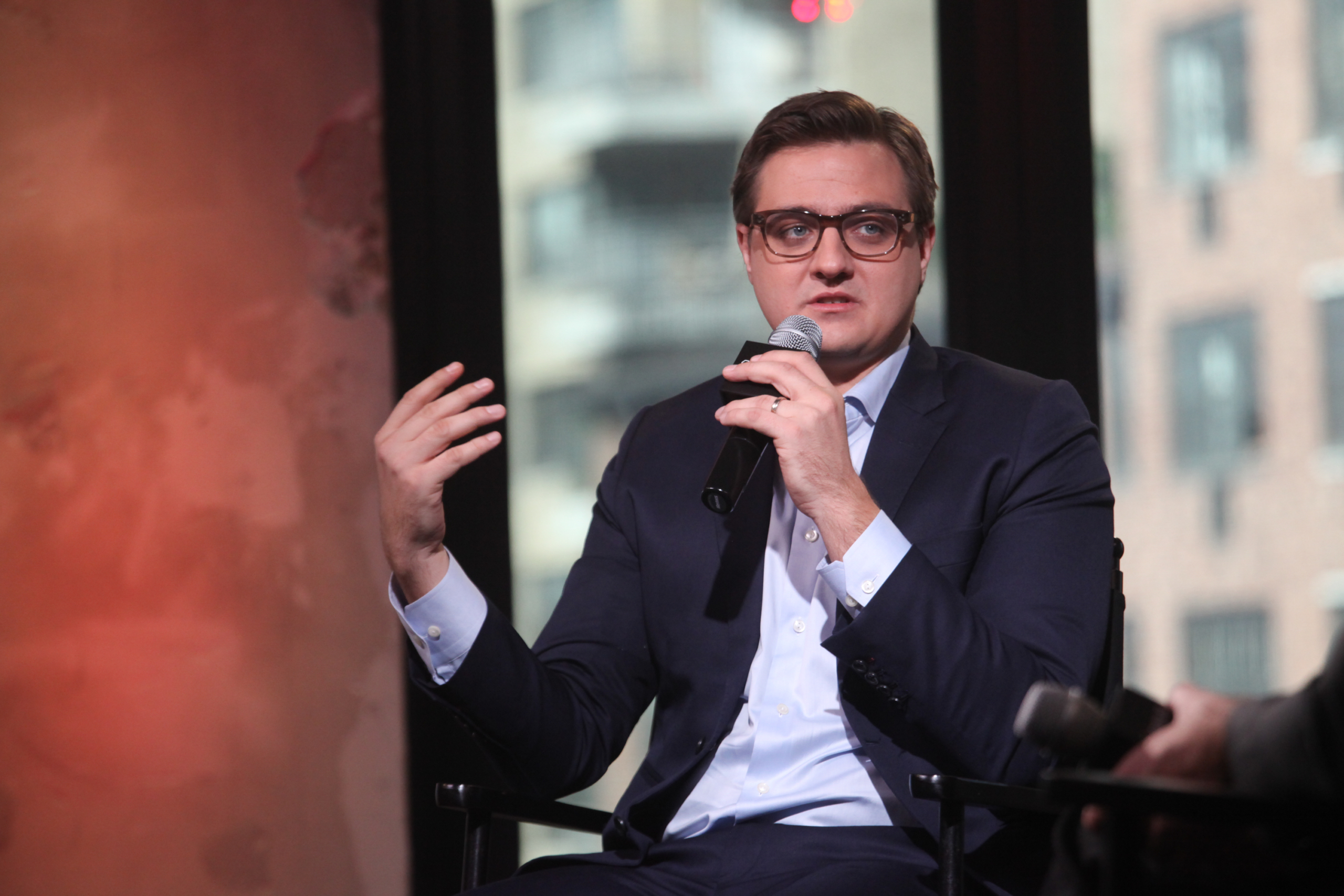Sign up for The Media Today, CJR’s daily newsletter.
This week, Chris Hayes took a remarkable risk. He called out the leadership of his own network in the wake of allegations made by Ronan Farrow, in his new book Catch and Kill, that NBC had “slow-walked and then ultimately killed” Farrow’s reporting on Harvey Weinstein. The caution came in part, Farrow alleged, out of fear that similar accusations of harassment and abuse against NBC’s Matt Lauer would become public knowledge.
NBC management denies the alleged conspiracy of silence, Hayes noted. The network has called Farrow’s contention that its management knew of the allegations against Lauer, and was acting out of fear of exposure, “false and offensive.”
Hayes countered that NBC was following “the path of least resistance.” He compared the incident to the NBA’s recent decision to ban its players and management from criticizing the Chinese government. They are forbidden to express support of the protests in Hong Kong for business reasons. The corporate boat must not be rocked.
ICYMI: Paper lands huge story, thanks to a smart copy editor’s brilliant observation
MSNBC’s anchors are among the sleekest corporate products in media. Each is five or six impeccable feet of cable news human. Their haircuts alone are a testament to the glossy impregnability and bland consistency that courses through the culture.
The fact that Hayes himself was choosing a different path in commenting on the Farrow story made this the most electrifying three minutes of MSNBC I’ve seen in many weeks of watching. It was not a rant. He aired each side of the question, and raised the incontrovertible fact that Ronan Farrow went on to publish his Weinstein story at the New Yorker and win a Pulitzer Prize for it. (It’s worth remembering that Hayes cut his teeth at The Nation, and is something of an outlier as a TV personality).
Media Twitter went wild for the segment, with a wide range of luminaries weighing in.
Bravo, @chrislhayes. Bravo. pic.twitter.com/FUMi80EJ5K And to go a bit further. I see three possibilities. Leadership change at NBC. Independent, outside review of events around Ronan Farrow's departure. Or: continued pressure from below forces Comcast's hand. Status quo won't hold.
— Jay Rosen (@jayrosen_nyu) October 15, 2019
Please watch this excellent closing statement by @chrislhayes
To stand up this way against his bosses at NBC News is remarkable
I should note what makes this even more remarkable is Andy Lack (NBC News Chairman) isn't a big fan of Chris/his show
Chris is stepping out here pic.twitter.com/vXnQkJd4eq
— Yashar Ali 🐘 (@yashar) October 15, 2019
Chris Hayes reminding us all why we need an unfettered free press https://t.co/XIBoyzg4CV
— Will Bunch (@Will_Bunch) October 15, 2019
Brave stuff here by @chrislhayes. Ask yourself if you’d do this in his position (you can answer privately, I’m not judging). https://t.co/FIWDsPpu3C
— Ryan Grim (@ryangrim) October 15, 2019
“The path of least resistance is always there, beckoning seductively with an entirely plausible cover story. But of course, it’s the very ease of that path that makes it the enemy of the very work that we as journalists are supposed to do,” Hayes concluded.
This is true, and it’s a big part of why cable news is, in general, a poorer source of information than newspapers. The larger the institution, the more risk-averse it becomes, the more frightened of giving offense. But it’s possible even for a large institution to create trust with its audience by making a space for Chris Hayes to say what he did yesterday. This is what accountability looks like.
ICYMI: NBC accused of impeding Weinstein reporting
Editors note: CJR has appointed its own outside public editors for four vital news outlets — The New York Times, The Washington Post, CNN and MSNBC — that currently lack any public ombudsman. You can reach them at publiceditors@cjr.org. (Any messages will be treated as off-the-record unless otherwise agreed.)
Has America ever needed a media defender more than now? Help us by joining CJR today.



